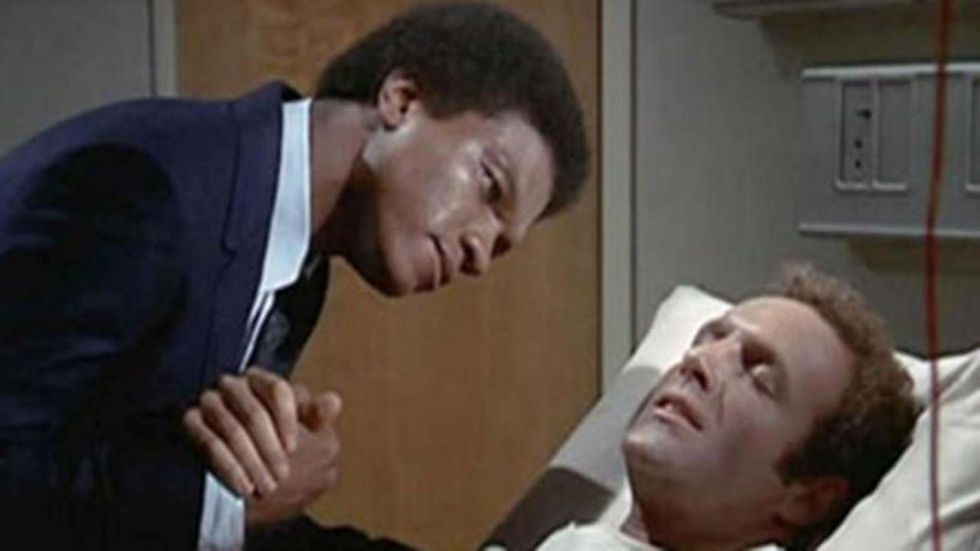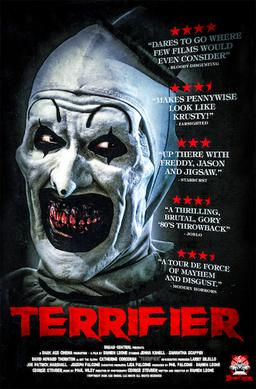Brian's Song (1971) review
- Jeremy Kelly
- Sep 8, 2022
- 4 min read
Brian’s Song (1971)
Directed by: Buzz Kulik
Produced by: Paul Junger Witt
Screenplay by: William Blinn
Starring: James Caan, Billy Dee Williams, Jack Warden, Shelley Fabares, Judy Pace

In 2012, I had the honor of meeting one of the best running backs in NFL history, the Chicago Bears’ Gale Sayers (Billy Dee Williams). Nicknamed the “Kansas Comet,” he only played seven seasons due to knee injuries, but rushed for nearly 5,000 yards, was named a five-time First-team All-Pro, and is one of only three players to score six touchdowns in one game, dazzling with his speed and elusiveness. But at the same time, you can’t talk about Sayers without talking about fellow running back Brian Piccolo (James Caan); he and Sayers joined the Bears the same year, but while the latter was a valued first-round draft pick out of the University of Kansas, the former went undrafted out of Wake Forest and struggled for playing time. Nevertheless, the two became close friends, while pushing each other to make each other better on the field. Tragically, though, Piccolo was diagnosed with cancer, and passed away in 1970 at the age of 26; their story would come to life one year later in the form of the movie “Brian’s Song,” based on Sayers’s autobiography “I am Third," which aired as an ABC Movie of the Week. Though seeming like a sappy sports drama, its performances and dialogue present it as a powerful portrayal of friendship and humanity.
The story begins in 1965, with Sayers arriving at Bears’ training camp and meeting Piccolo, who immediately sets him up for a practical joke with head coach and team owner George Halas (Jack Warden). Amidst the mutual hazing ritual, the two rookies are placed as roommates, a rarity given the racial tensions of the time period. Through their budding rivalry, Gale and Brian become friends, often going on double dates with their wives Linda (Judy Pace) and Joy (Shelley Fabares). But while Sayers excels, earning NFL Offensive Rookie of the Year honors by scoring a league-record 22 touchdowns, Piccolo spends most of his first couple years on the practice squad, known then as the taxi squad, helping the regulars prepare but not playing. Then in their fourth season, Sayers is injured in a game against the San Francisco 49ers, tearing ligaments in his right knee and putting his career in jeopardy; this results in Piccolo getting more playing time, which he makes the most of. But not wanting to be a guy who got a chance just because another guy got hurt, Brian tirelessly helps Gale rehabilitate his knee, which culminates with Sayers resuming his starting halfback role and Piccolo being named starting fullback. However, the joy is short-lived, as Brian faces an entirely different type of crisis.

As the opening narration indicates, Sayers and Piccolo were very different kind of players: one a physical specimen, the other a long-shot, one quiet and assuming, the other extroverted and quick with a joke, one almost embarrassed by his own success, the other refusing to have it handed to him. And in the mid 1960s, the time of Martin Luther King Jr., Malcolm X, Freedom Summer, the Harlem riots and more, all they saw was two men who had the same dream. While there is a mention of outside racist pressure, the movie doesn’t dwell on it; in fact, Gale and Brian frequently make fun of the situation, with the writing finding a perfect balance of irreverent and intelligent. Billy Dee Williams and James Caan have excellent chemistry, and the football action is so intimate, you’d swear you’re watching a real NFL team. That may be because you are; many of the actual Bears play themselves, like quarterback Jack Concannon, defensive end Ed O’Bradovich, and future Hall of Fame linebacker Dick Butkus. Sayers actually wanted to play himself, but training camp conflicted with filming. Apparently, Caan had an athletic background, while Williams didn’t; so in Sayers and Piccolo’s racing scenes, where the former is supposed to be faster, Caan was actually slowing down. Anyway, their loveable personalities and engaging personal journeys make it an easy story to latch on to, even if you’re not a football fan.
But make no mistake, the drama hits hard, as Brian loses weight and develops a nagging cough; yet despite the diagnosis and his situation worsening by the day, he still tries to keep up the bravado, insisting he’ll be fine and back on the field, even if he has to play kicker. He even finds the energy to rib Gale for his failed “win one for the Gipper” pregame locker room speech. It’s simultaneously inspirational and heartbreaking, with each new scene just piling more weight onto the tragedy. One of the most powerful scenes—and trust me, that’s saying something—is in the hospital, when Brian tells Gale he promised a young girl his autograph, only for Gale and Linda to learn from a nurse that the girl has passed away. Up until then, the mood is mostly positive, if now a little bit somber with Brian’s circumstances; but this moment—complemented by Michael Legrand’s chilling musical accompaniment—just hits you like a gut-punch with the realization that this is as serious as it gets.

I think there’s very little to really complain about, except some of the editing choices are a little over-dramatic, like the use of slow motion. Also, much of the game action is just footage from real games; there’s very little cinematic football. But on the other hand, how can you complain about watching the real Sayers and his on-field brilliance? Either way, it doesn’t change that “Brian’s Song” is one of the most renowned TV and sports films of all-time; it was nominated for 10 Primetime Emmy Awards, winning five. Thirty years later, there was a remake that starred Sean Maher as Brian and Mekhi Phifer as Gale, but few people seem to remember it, especially compared to the original. With its terrific casting, great writing and palpable drama, it’s considered one of the premiere “guy cry” movies ever made, which I think is a silly term; men can cry at any subject matter if it’s presented well. Nevertheless, it’s a film that honors what Piccolo and Sayers meant to each other; and as someone who had the fortune of meeting the latter, I hope that somewhere, they’re rekindling that wonderful bond.
My rating: 9/10





Comments